United Arab Emirates
Asteroid Mining: Potential Develops, but so do Regulatory, Technical Issues
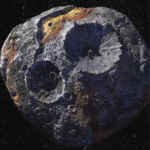
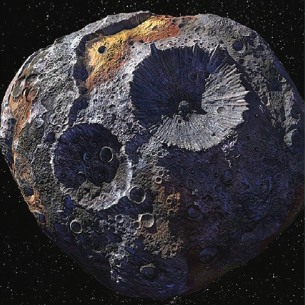
Mankind could soon be able to exploit asteroids to obtain natural resources for use on Earth, gather ingredients for missions in space, and support habitation on the Moon and Mars.
2021 TSR – Space Symposium Special Edition: Global Space Economy Climbs Despite Pandemic, Disrupted Government Spending
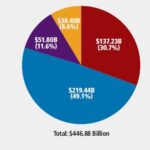
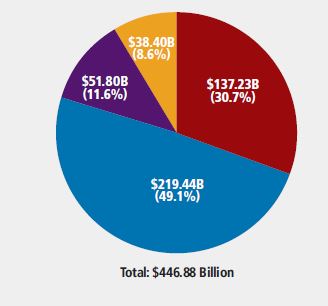
The global space economy reached a new high of nearly $447 billion in 2020, an increase of 4.4% from a revised 2019 figure of $428 billion. The 2020 figure is 50% greater than a decade ago, and 176% greater than . . .
2020 Global Space Economy Climbs Despite Turbulent Year, Disrupted Government Spending

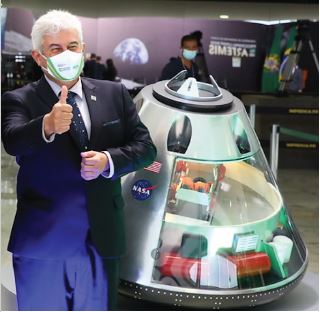
International successes in space, such as the Hope, Perseverance, and the Zhurong missions to Mars, don’t happen without years of advance government spending. In 2020, as nations struggled to overcome a global pandemic, space spending varied widely across countries and agencies.
2020 TSRQ3 – Infrastructure: Human Spaceflight

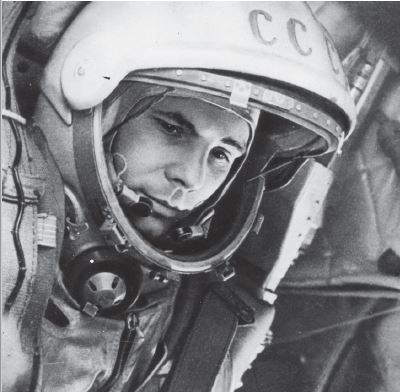
Since Yuri Gagarin’s orbital flight around the Earth in April 1961, humans in pioneering new technologies and pushing the limits of what’s considered possible. This year ushered in a new era of human spaceflight when SpaceX became the first . . .
2019 TSRQ3 – Education STEM Proficiency
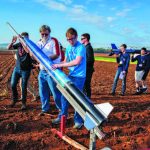
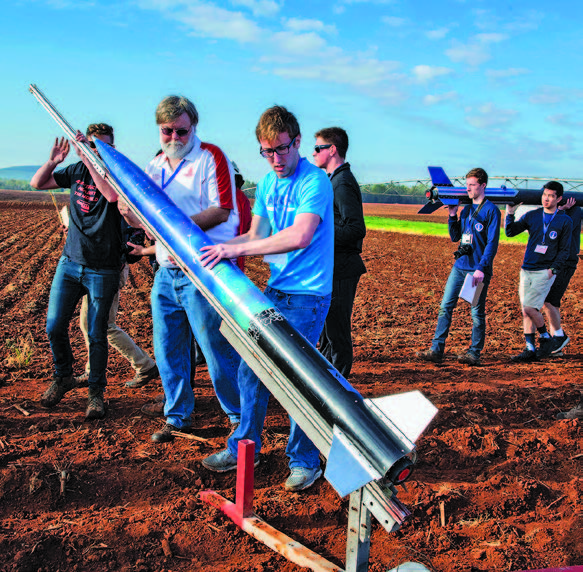
The science, technology, engineering, and mathematics (STEM) workforce is at the core of the space industry—from the mathematicians and astronomers who analyze space to the engineers who design and build the launch vehicles that get us there. This workforce is enabled . . .
2019 TSRQ2 – Economy: Non-U.S. Government Space Investment

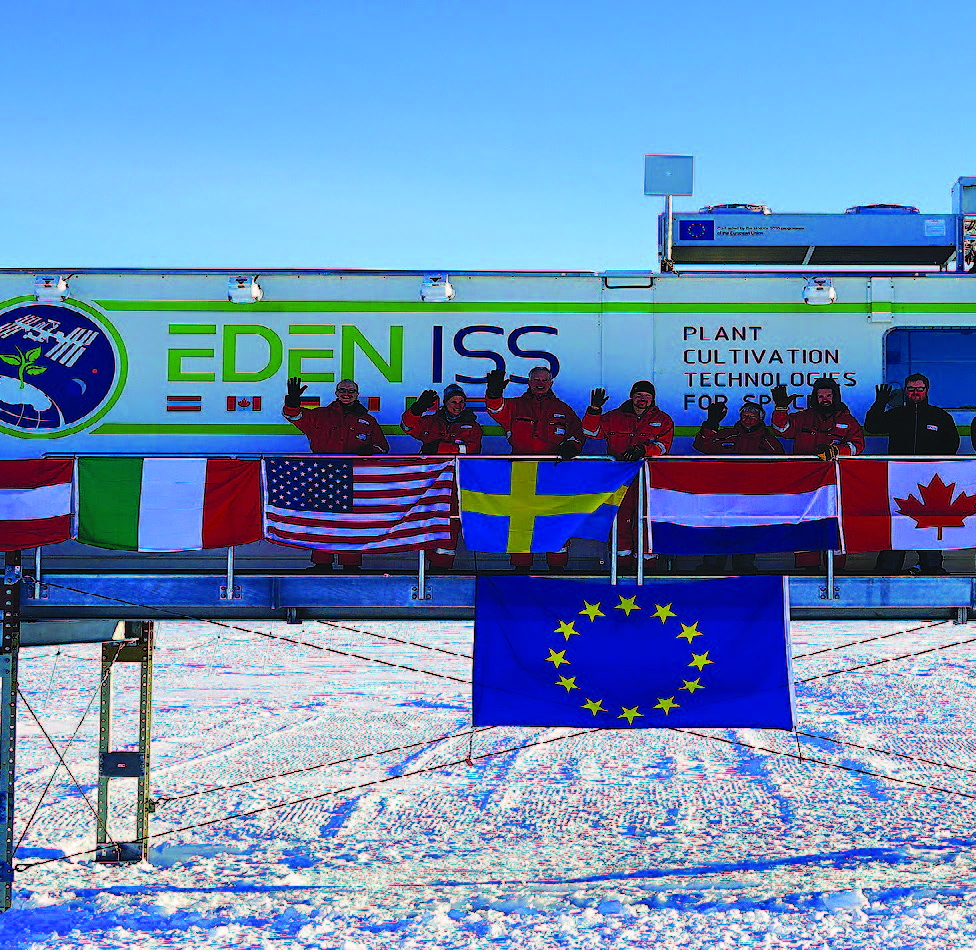
Growth in the government investment sector of the space economy outpaced commercial sectors as the U.S. and non-U.S. government shares of the global space economy between 2017 and 2018. . .
2017 – Government Space Budgets
Global government spending increased in 2017, totaling $76.2 billion, up from $72.7 billion in 2016. Government spending accounted for 19.9% of the global space economy . . .
2013 – MSS Satellite Design Activities
The original and still-dominant MSS operator, Inmarsat, uses a fleet of nine GEO satellites to provide mobile services to land, maritime, and aviation customers. Since its founding in 1979, Inmarsat’s core business had always been voice and low-rate data transmissions to maritime customers.[efn… Thank you for visiting The Space Report! The Authoritative Guide to Global…
In-flight Telemedicine
Satellite-enabled remote telemedicine can also be valuable for passengers on an airplane who may require emergency medical attention. In September 2010, Etihad Airways, the national carrier of the United Arab Emirates, installed the Tempus IC telemedicine system.
2010 – Bigelow Space Stations – Snapshot
Bigelow Aerospace has been working for several years to develop commercial orbital habitats using expandable modules. This approach, leveraging technology licensed from NASA, involves launching modules in a compact form and inflating them once in orbit, creating much larger volumes than would be possible with traditional metallic structures.